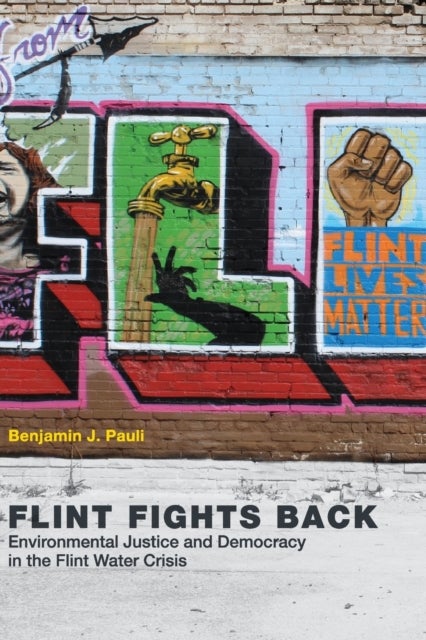
Flint Fights Back av Benjamin J. (Assistant Professor Kettering University) Pauli
489,-
<b>An account of the Flint water crisis shows that Flint''s struggle for safe and affordable water is part of a broader struggle for democracy.</b><p>When Flint, Michigan, changed its source of municipal water from Lake Huron to the Flint River, Flint residents were repeatedly assured that the water was of the highest quality. At the switchover ceremony, the mayor and other officials performed a celebratory toast, declaring “Here''s to Flint!” and downing glasses of freshly treated water. But as we now know, the water coming out of residents'' taps harbored a variety of contaminants, including high levels of lead. In <i>Flint Fights Back</i>, Benjamin Pauli examines the water crisis and the political activism that it inspired, arguing that Flint''s struggle for safe and affordable water was part of a broader struggle for democracy. Pauli connects Flint''s water activism with the ongoing movement protesting the state of Michigan''s policy of replacing elected officials in fi








